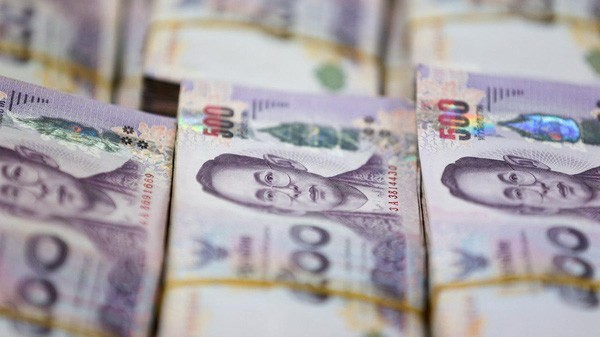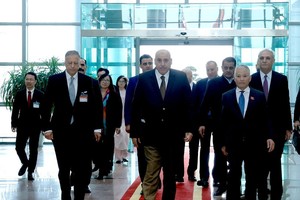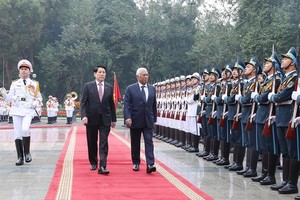
The Thailand-based research house said that other currencies in Asia had also weakened along with the baht. Sales of Thai shares by foreign investors are also attributed to the weakening of the baht, it said, predicting that the baht would move in a range of THB 31 – 31.2 against the greenback.
The impact of the SARS-like virus also caused a decline in the country’s current account surplus which in recent years had resulted in a relatively large surplus and boost the baht.
Widespread drought, a strong baht, disarray over the annual budget, air pollution and the latest deadly virus outbreak may drag Thailand’s economic growth to below 2.5 percent this year, said the Thai Chamber of Commerce
Chairman of the chamber Kalin Sarasin said the Joint Standing Committee on Commerce, Industry and Banking is revising this year’s economic growth forecast from a projected 2.5-3 percent range because of fresh pressure of the virus outbreak on the country’s economic prospects.
In addition, the greatest risk factor to Thailand’s economic growth is a delay in budget disbursement this fiscal year, he said.
The University of the Thai Chamber of Commerce (UTCC) estimates Thailand will lose THB 80-100 billion (US$2.6-3.2 billion) in income, mainly from tourism, because of the virus outbreak. This downgrade should shave economic growth by 0.5-0.7 percentage points this year, said the UTCC.
Thailand’s economy is taking on a new challenge as China’s ban on group tours to help contain the spreading virus is expected to take a toll on the Southeast Asian country’s tourism industry, a key driver of growth.
China is Thailand’s biggest source of foreign tourists with nearly 11 million visitors last year, up 4.4 percent from a year earlier. Chinese tourists spent about US$18 billion in 2019, accounting for one third of the total spending of foreign visitors.
























